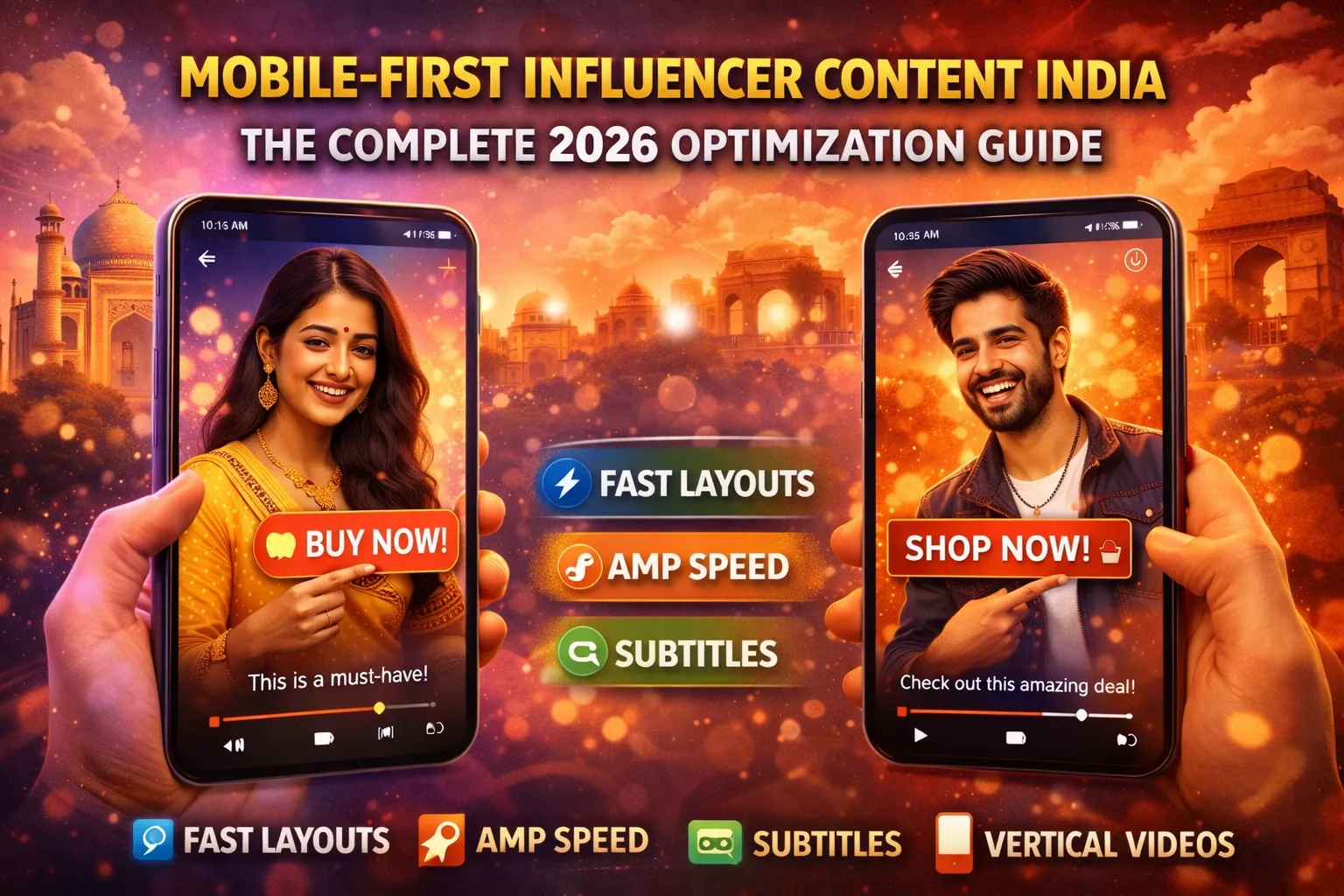What is Search Engine Optimization?
SEO (search engine optimization) is the process of improving the performance, experience, and authority of your website so it can gain better visibility in search engines like Google. Technology is constantly evolving, which means that websites – and the way they are structured – evolve. So do the devices we use to access search engines. A web search can be voice activated and a click may be a tap on a mobile phone screen. Even the results we see from our search engine of choice may be summarised by artificial intelligence (AI).
Why is SEO important?
One of the most important functions of SEO is to increase your visibility. This means making it easier for prospects to find you when searching for your offerings. Visibility is directly related to your ranking. The higher you rank on a search engine results page (SERP), the more likely prospects are to see you. This increases the chances they’ll click through to your site. Therefore, it’s essential to improve your organic page ranking.
Increased web traffic is one of the main goals of SEO. Consider this for a moment: the #1 organic result on Google search is 10x more likely to receive a click compared to a page in the #10 spot.So, the further you move up the ranking, the more web traffic you will get.
What is On-Page SEO?
On-page SEO (also known as on-site SEO) involves all measures that can be directly applied to the webpage in order to optimize it for search engines and users of the web. It may help to raise the ranking of the pages on Google, thus increasing the flow of organic traffic to the site.Typical activities related to on-page SEO include, but are not limited to optimization of the content for search purposes, title, internal links and URLs.
Search engines use keywords and other on-page SEO elements to check whether a page matches a user’s search intent. And if the page is relevant and useful, Google serves it to the user. In other words, Google pays attention to on-page SEO signals when ranking pages. The Google algorithm is always changing, but Google continues to prioritize user experience. Google recommends focusing on “people-first content”.
What is Off-Page SEO?
“Off-page SEO” (also called “off-site SEO”) refers to actions taken outside of your own website to impact your rankings within search engine result pages (SERPs) and to influence how people discover and engage with your content. It is a strategy for bringing attention and authority to your site, and when combined with on-page SEO and technical SEO, off-page SEO can help you meet your goals for search visibility, crawling, indexing, traffic, and conversions. Off-page optimization aims to enhance how both search engines and users perceive a site. It focuses on key factors such as Expertise, Experience, Authoritativeness, Trustworthiness, Relevance, and Popularity.
When reputable and relevant sites and people link to or cite your website’s content, they are effectively “vouching” for its quality. Such acts can also be construed as votes as far as the public searching for information on the web and the search engines themselves are concerned on why the particular organisation in question ought to be given visibility on the web. These ‘votes’ may take some effort to acquire and a few may be made available without asking for them, however, in general, the strategy of your off-page Search Engine Optimization is to create a supportive digital presence that aims to justify the search engines’ decision in favour of retrieving you for the users.
What is Local SEO?
Local SEO is a set of techniques that can help your local business appear more prominently in unpaid, location-based search results on Google Search, Google Maps, and other search engines. Almost all search results are personalized based on the user’s country. But local SEO is about reaching people in more specific locations, such as cities and districts. So, it can benefit businesses with physical stores (restaurants, dentists, and mechanics, etc.) and also, local service providers (plumbers, tutors, and salon, etc.)Local SEO is important because many people use search engines to find local businesses. In fact, according to Google:
- -30% of all mobile searches are related to location.
- -78% of people who search for something nearby on their phones visit the business within a day.
- -28% of searches for something nearby result in a purchase.
In short, customers are searching for your business. If you’re not there, you’re leaving money on the table.
What is Technical SEO?
Technical SEO is the process of ensuring that a website meets the technical requirements of modern search engines with the goal of improved organic rankings. Important elements of technical SEO include crawling, indexing, rendering, and website architecture.
Technical SEO can make or break your SEO performance. If pages on your site aren’t accessible to search engines, they won’t appear in search results, no matter how valuable your content is. This results in a loss of traffic to your website and potential revenue to your business. Plus, a website’s speed and mobile friendliness are confirmed ranking factors. If your pages load slowly, users may get annoyed and leave your site. User behaviors like this may signal that your site doesn’t create a positive user experience. As result, search engines may not rank your site well.








